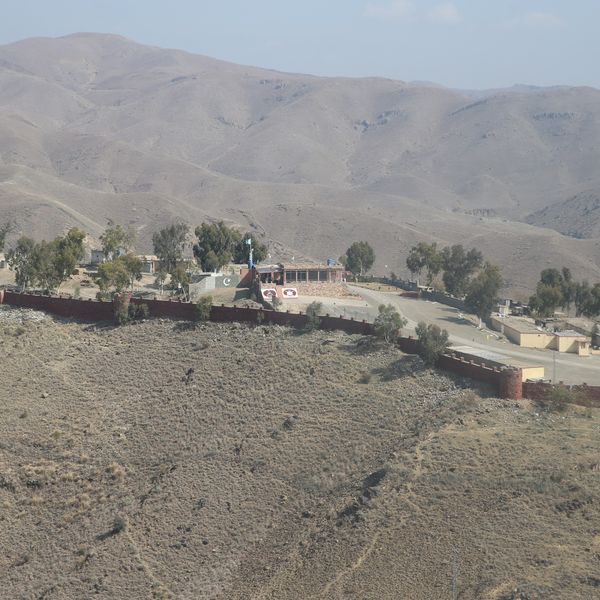Pakistan's Supreme Court refuses full court in 26th amendment case
In a separate ruling, court also addresses dispute concerning withdrawal of ongoing case from a regular bench

Aamir Abbasi
Editor, Islamabad
Aamir; a journalist with 15 years of experience, working in Newspaper, TV and Digital Media. Worked in Field, covered Big Legal Constitutional and Political Events in Pakistan since 2009 with Pakistan’s Top Media Organizations. Graduate of Quaid I Azam University Islamabad.

Supreme Court refuses to form full court for 26th Amendment Case
In a separate ruling, the Supreme Court clears Judicial Registrar Nazar Abbas of contempt of court
Jurisdiction matter to be resolved by a full court bench.
The Supreme Court of Pakistan made two significant decisions on Monday, affecting both the 26th Constitutional Amendment and ongoing jurisdictional disputes within the court.
In the case of the 26th Constitutional Amendment, the court refused to form a full court, rejecting the petitioners' request to include all Supreme Court judges in the hearing.
The amendment, which has sparked debate for its potential impact on the judicial system, includes changes such as the creation of a new constitutional bench.
Senior lawyer Imran Shafiq, representing right-wing party Jamaat-e-Islami, argued that the amendment undermines the seniority principle in appointing the chief justice.
Other petitioners also raised concerns that the amendment was passed when the parliamentary house was incomplete, although the court pointed out the amendment had been approved by a two-thirds majority, raising doubts about this claim.
Justice Muhammad Ali Mazhar and other members of the eight-member bench emphasized that constitutional matters are typically assigned to constitutional benches, and that the current bench was sufficient for hearing this case.
The court adjourned the hearing for three weeks, with heightened security measures implemented due to the case’s sensitive nature.
Jurisdiction dispute
In a separate ruling, the Supreme Court also addressed a dispute concerning the withdrawal of an ongoing case from a regular bench.
Senior judge Justice Mansoor Ali Shah argued that the decision by the Chief Justice-led committee to withdraw the case was illegal.
The court ruled that Judicial Registrar Nazar Abbas had not intentionally committed contempt of court, clearing him of any wrongdoing.
The court observed that the Practice and Procedure Committee and the Judges’ Constitutional Committee had overstepped their authority by ignoring a judicial order, and recommended the formation of a full court to resolve the dispute.
Key questions regarding the case include whether an administrative order can override a judicial order and whether cases can be withdrawn from regular benches in the presence of such orders.
The court has directed that the matter be resolved by a full court bench.










Comments
See what people are discussing